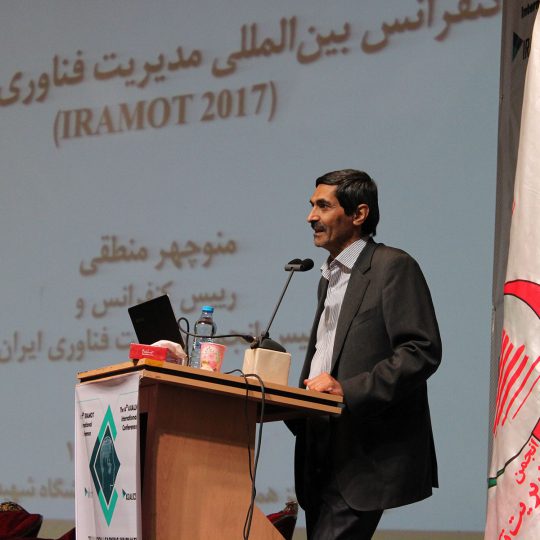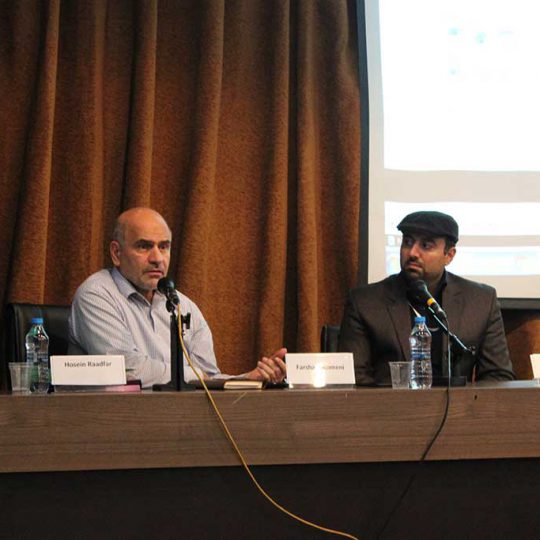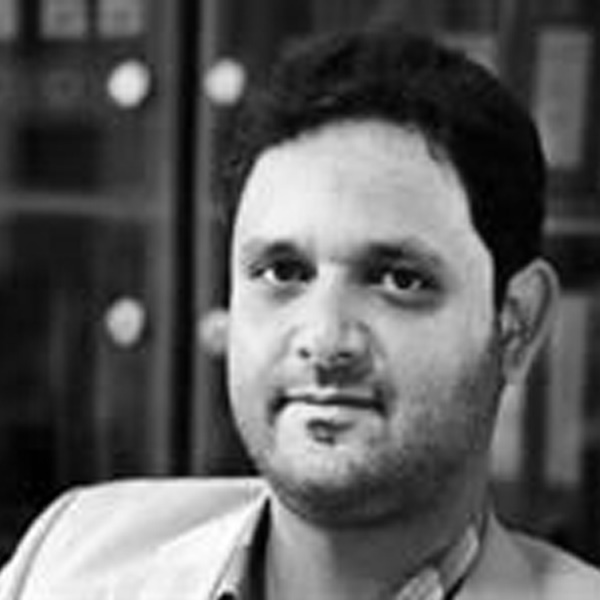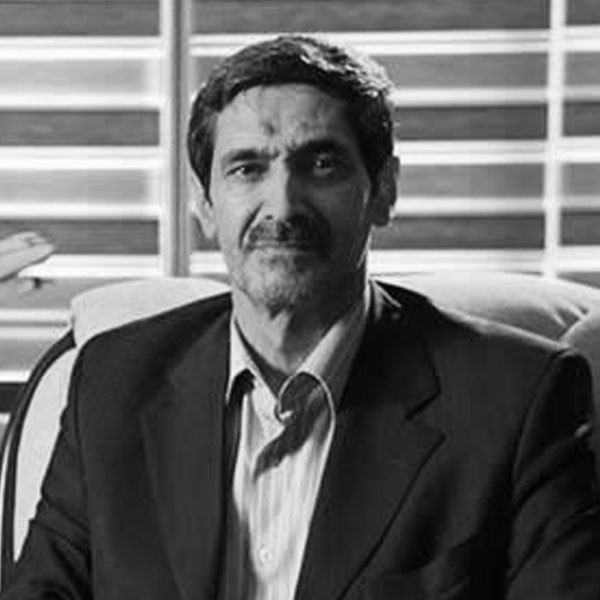7th International & 11th National Conference On Management Of Technology
Tehran; Iran; August 29-31, 2017
The 7th International Conference on Management of Technology (IRAMOT2017) & 14th ASIALICS International Conference (ASIALICS 2017) was held on August 29-31, 2017 with the theme of “Technological Learning, Innovation and Catching-up in the context of International Collaboration” in Tehran, Iran with the precious presence of world leading representatives from industry, academia and policy-makers in the fields of Innovation and Technology Management from different countries and also more than 400 participants. Presentation of research papers in parallel tracks, outstanding keynote speeches, expert panel discussions and plenary lectures were among the important programs of this conference. Around 24 outstanding papers had been chosen to be presented from a large number of submitted papers.
At the closing ceremony of the ASIALICS 2017 Conference Prof. Kong-Rae Lee announced that the next ASIALICS conference will be held in the beautiful city of Hangzhou in China … more>
The 14th ASIALICS International Conference (ASIALICS 2017) & 7th International Conference on Management of Technology (IRAMOT2017) was held on … more
Best Paper and Best Student Paper Awards
At the closing ceremony of the conference, four conference papers were selected by the scientific committee as the best papers in two different types; best paper and best student paper awards. The awards were handed over to Dr. Motoko Kawano from Japan, Mr. Fusanori Iwasaki from Indonesia and Mr. Saed Roshani, Zahra Mohammad Hashemi from Iran.
- Technology Capability Building of Rubber Manufacturing Industry in Malaysia
- Understanding the Strength of the SME Internationalization the Case Study of Japanese Apparel and Accessory Industries
- Evolution of Innovation System Literature: Examining the Intellectual Bases and Emerging Trends
- The Functions of Intermediary Organizations in Innovation Process: Case of Science and Technology Park
Conference Objectives
- Strategic Management of Technology
- Technology Transfer and Strategic Collaborations
- Research and Development Management
- Innovation and New Product Development
- Service Innovation
- Commercialization of Technology and Knowledge
- Technopreneurship
- Knowledge Management for Technology Development
- Management of Intellectual Property
- Foresight and Future Studies
- Technology Assessment
- Technology Intelligence
- Technology and Innovation policy
- National, Sectoral and Technological Innovation Systems
- Economic, Social and Cultural Impact of Technology and Its Role in Sustainable Development
- Technology and Innovation Management Education
- Technology and Innovation Management Research
- Technology Diplomacy, Open Innovation and Innovation Networks
- Technology Parks
- Incubators and Accelerators
- Financing Innovation and Technology Development
keynote Speakers
14th ASIALICS 2017 Conference
The objective of ASIALICS is to stimulate the establishment of knowledge based strategies or economic development in Asia. The idea is to bring together interesting issues about what is going on in Asian countries and companies and to share experiences regarding methodology, analytical results and policies. This year (2017) was the first time that ASIALICS conference was held in West-Asia, since conference boards believed that the experience of East Asia in successful technological learning needs to be replicated in the West-Asia, although there are substantial differences between the two regions. Therefore, the main question was that how the West-Asia could successfully catch-up in the international context, given the fact that it needs both to learn from the East-Asia and possibly other parts of the world and also to consider its local factors such as demography, culture and economic structure. The two-day event featured prominent speakers from academia, industries, government who transform global landscape.
Expert Panel
National Research Institute for Science Policy
Vice-Presidency for Science and Technology
Conference Sponsors

































































